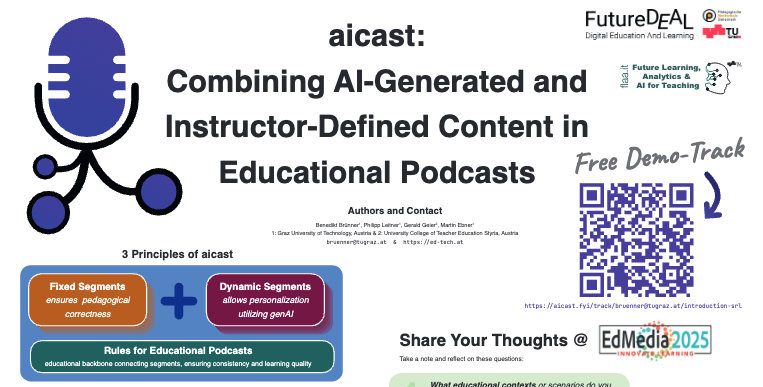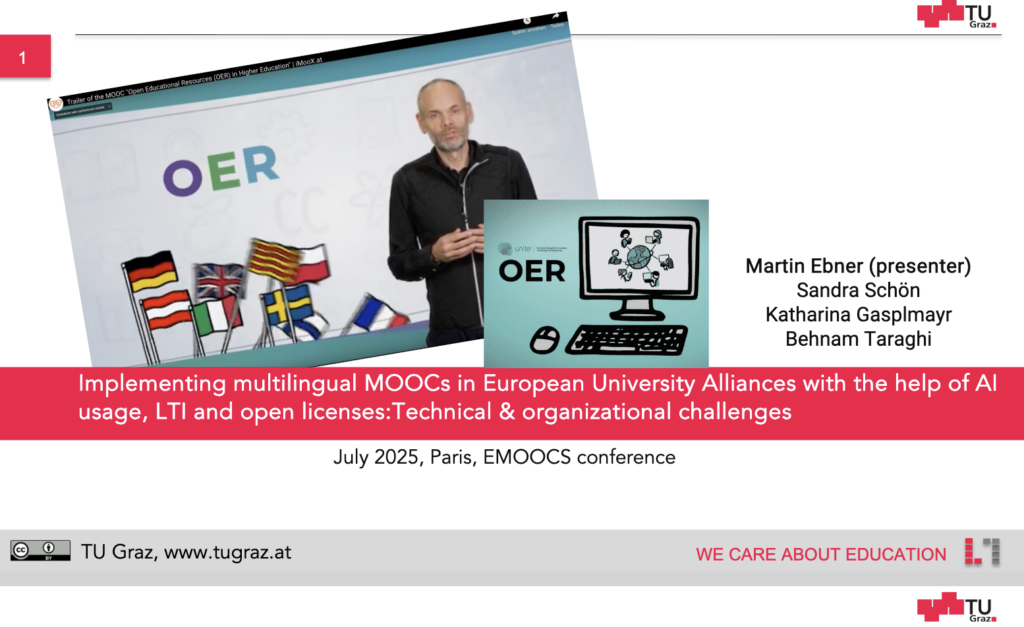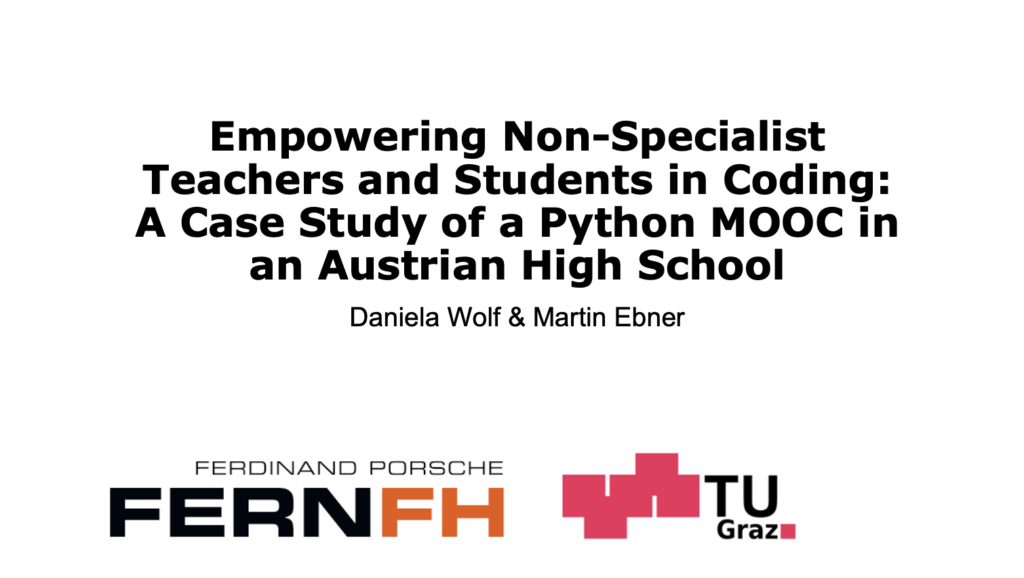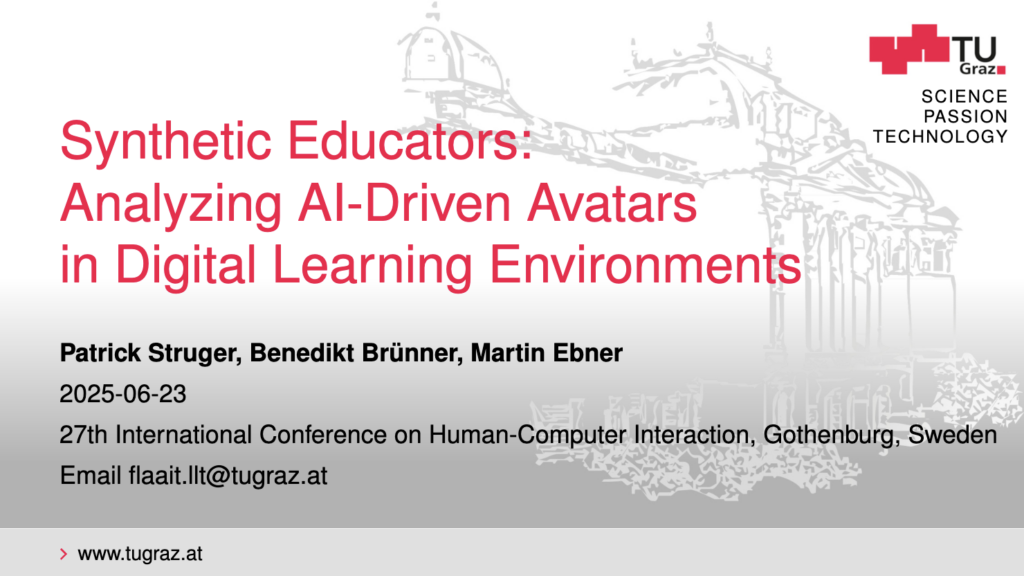This is an impactful contributions, methodological rigor, and exceptional novelty in the research field of AI in education.
Another research paper about the use of AI for education – titled „Ensuring Quality in AI-Generated Multiple-Choice Questions for Higher Education with the QUEST Framework“ – was published.
Abstract:
With the rise of generative AI models, such as large language models (LLMs), in educational settings, there is a growing demand to ensure the quality of AI-generated multiple-choice questions (MCQs) used in higher education. Traditional quiz development methods fall short in addressing the unique challenges posed by AI-generated content, such as consistency, cognitive demand, and question uniqueness. This paper presents the QUEST framework, a structured approach designed specifically to evaluate the quality of LLM-generated MCQs across five dimensions: Quality, Uniqueness, Effort, Structure, and Transparency. Following an iterative research process, AI-generated questions were assessed and refined using QUEST, revealing that the framework effectively improves question clarity, relevance, and educational value. The findings suggest that QUEST is a viable tool for educators to maintain high-quality standards in AI-generated assessments, ensuring these resources meet the pedagogical needs of diverse learners in higher education.
[draft @ ResearchGate]
[full article @ publisher’s website]
Reference: Ebner, M., Brünner, B., Forjan, N., Schön, S. (2025). Ensuring Quality in AI-Generated Multiple-Choice Questions for Higher Education with the QUEST Framework. In: Tomczyk, Ł. (eds) New Media Pedagogy: Research Trends, Methodological Challenges, and Successful Implementations. NMP 2024. Communications in Computer and Information Science, vol 2537. Springer, Cham. https://doi.org/10.1007/978-3-031-95627-0_20





